
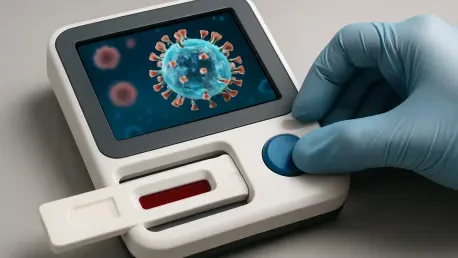
Imagine a rural clinic in a low-resource region, where a patient arrives with symptoms of a deadly infectious disease, yet the nearest diagnostic lab is hundreds of miles away, and results could take days or even weeks. This scenario plays out daily across the globe, contributing to the staggering
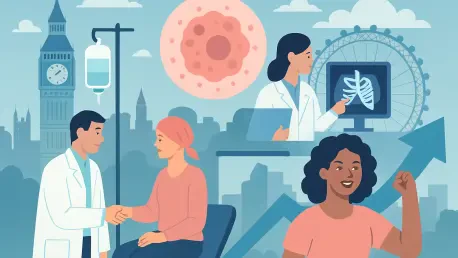
The landscape of cancer care in the UK stands at a critical crossroads, where decades of hard-won progress in survival rates are now showing signs of stagnation, raising alarm among researchers and health advocates alike, as they grapple with the implications of this troubling trend. A

What if a doctor could test life-saving cancer treatments on an exact copy of a patient’s tumor before ever prescribing a drug? This revolutionary concept is no longer confined to science fiction but is becoming a tangible reality through the advent of 3D-printed kidney tumor organoids. These
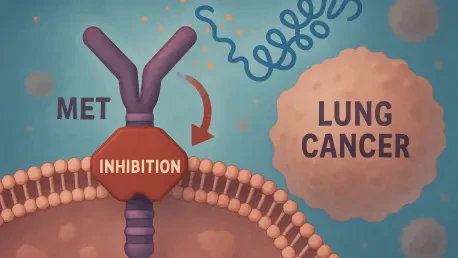
Small cell lung cancer (SCLC) represents one of the most formidable challenges in oncology, characterized by its aggressive nature and a disheartening prognosis that leaves many patients with limited hope. Accounting for roughly 15% of lung cancer cases, this disease spreads rapidly and often

In a quiet corner of Millbank, Australia, a hidden environmental threat emerged recently, sparking an urgent response from local authorities and biosecurity experts. The discovery of the Yellow Fever Tree, scientifically known as Vachellia xanthophloea, an invasive species classified as prohibited

I'm thrilled to sit down with Ivan Kairatov, a renowned expert in reproductive health law and policy with a deep focus on telehealth and abortion access in the United States. With years of experience navigating the complex intersection of healthcare, technology, and legal frameworks, Ivan offers
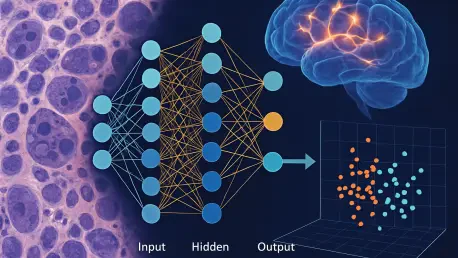
Neuroblastoma, recognized as one of the most devastating cancers affecting children, continues to challenge pediatric oncology with its alarmingly low survival rates for high-risk patients, which hover below 60%, making it a critical area of research. This aggressive tumor, frequently diagnosed in
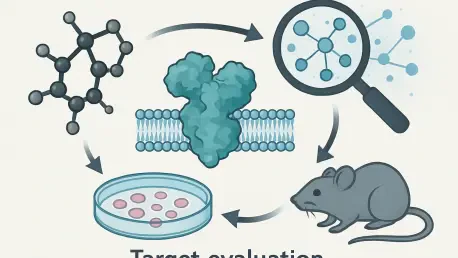
In the fast-evolving world of biopharmaceuticals, identifying the right drug discovery target remains a cornerstone of successful research and development, often determining whether a project thrives or falters in its early stages. The complexity of this decision-making process, coupled with the

As technology continues to reshape various aspects of daily life, its integration into educational environments is opening new avenues for supporting student well-being in ways previously unimaginable, especially through the adoption of telehealth services. One of the most promising developments is
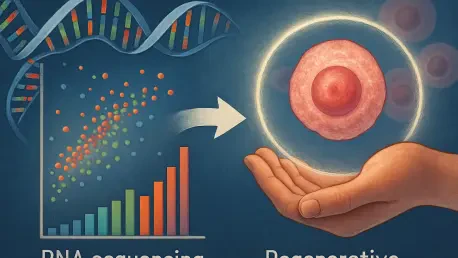
Imagine a world where damaged tissues can be regenerated with pinpoint accuracy, where therapies are tailored to an individual’s unique genetic makeup, and where neurological disorders are treated by targeting the exact molecular missteps. This vision is becoming a reality thanks to a revolutionary
ITCurated uses cookies to personalize your experience on our website. By continuing to use this site, you agree to our Cookie Policy